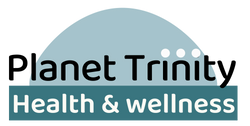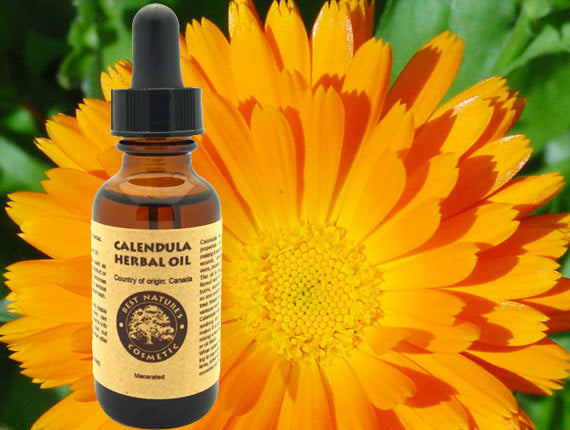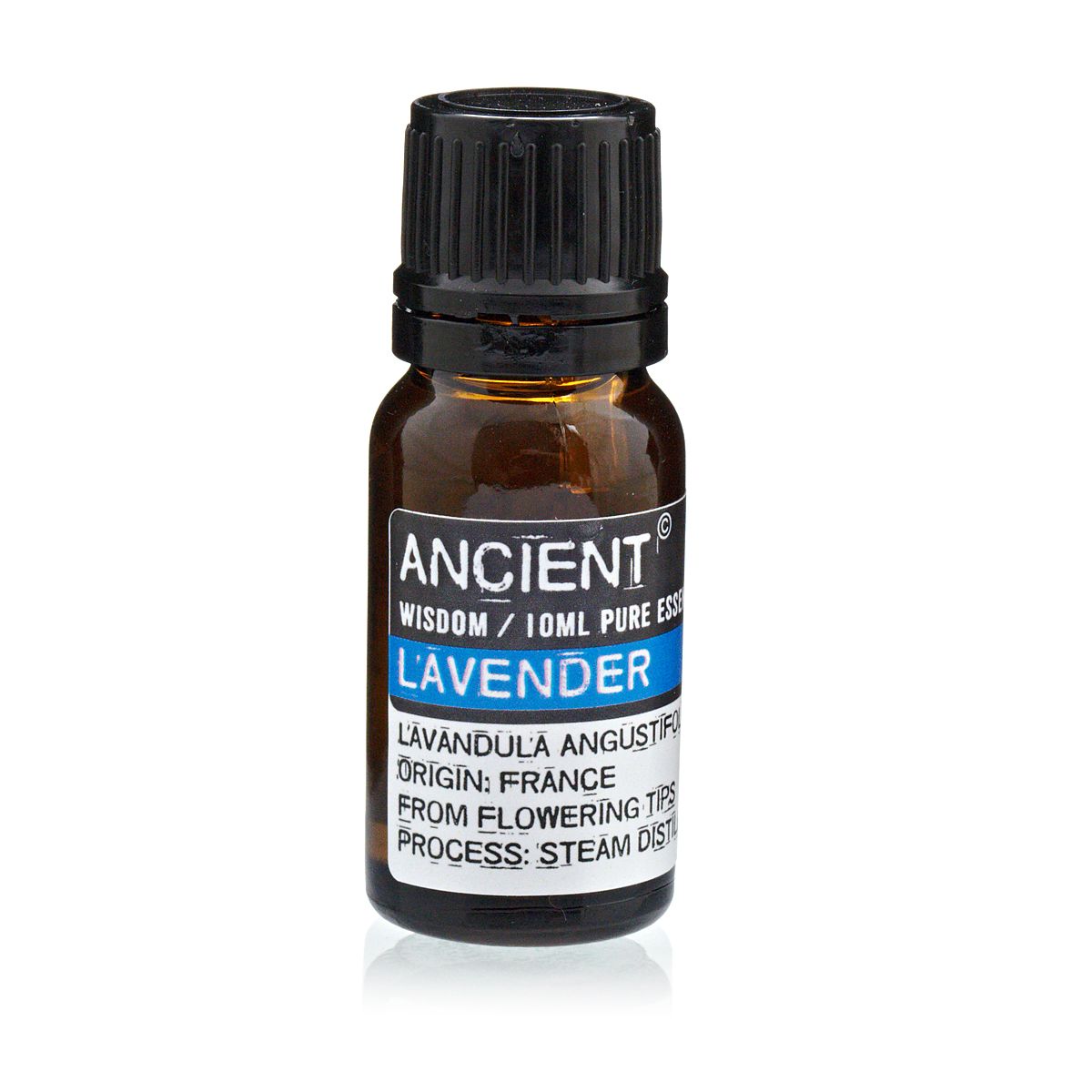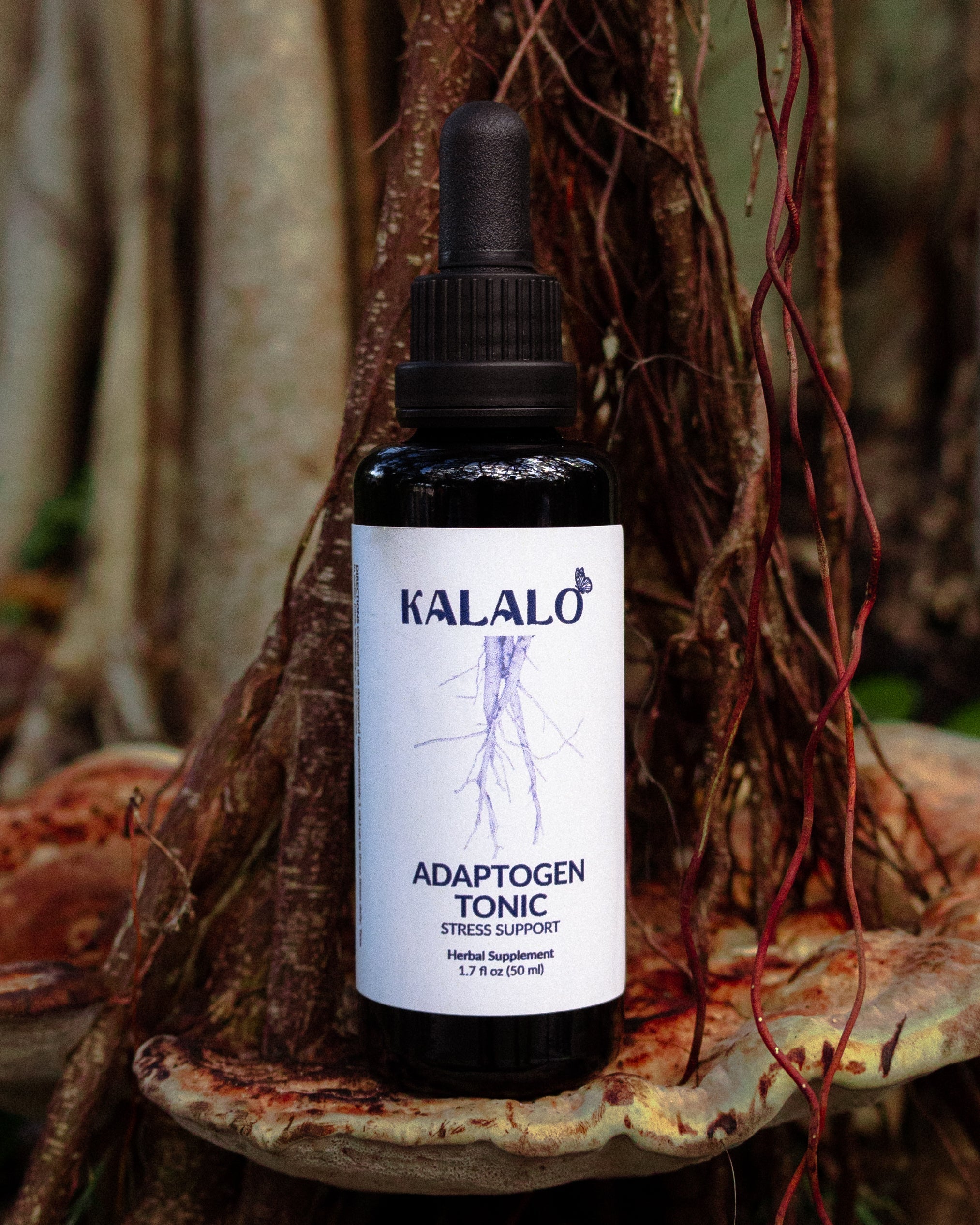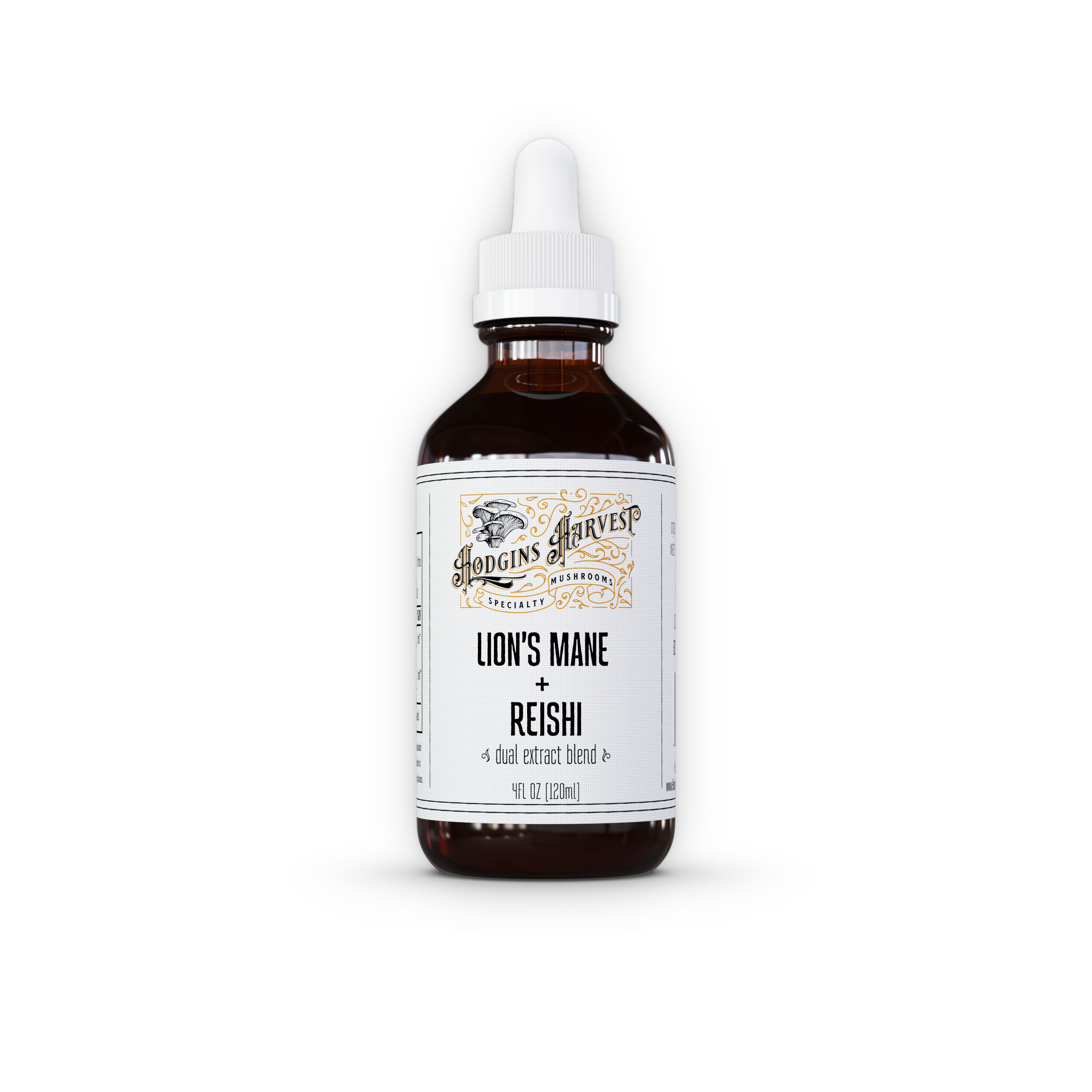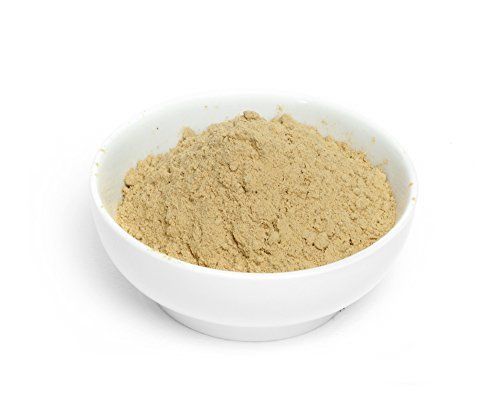
A concussion is a mild traumatic brain injury (mTBI) caused by a blow, jolt, or impact to the head that disrupts normal brain function. Although often considered minor, concussions can have significant short-term and long-term effects on brain health, especially with repeated injuries.
What Happens to the Brain After a Concussion?
During a concussion, the brain experiences a sudden acceleration or deceleration, causing it to move within the skull. This movement can stretch and shear brain tissue, leading to:
- neuronal disruption,
- ionic imbalances,
- metabolic changes,
- axon injury.
The immediate aftermath involves a cascade of biochemical events: release of neurotransmitters (like glutamate), increased blood flow, and metabolic energy demands that surpass supply, leading to a state called neurometabolic crisis. This results in symptoms like headache, dizziness, confusion, memory problems, and sometimes loss of consciousness.
Repeat Concussions and Their Impact
Repeated concussions can cause cumulative brain damage. The risks include:
- Chronic Traumatic Encephalopathy (CTE): a progressive neurodegenerative disease characterized by tau protein accumulation, leading to cognitive decline, emotional disturbances, and behavioral changes.
- Persistent Post-Concussion Symptoms (PCS): ongoing headaches, fatigue, and difficulty concentrating.
- Increased vulnerability: the brain becomes more susceptible to future injuries, which may result in more severe symptoms or long-lasting deficits.
Research indicates that multiple concussions can lead to lasting neurodegeneration and increase the risk of neurodegenerative diseases like Alzheimer’s disease.
Healing from Concussions
Recovery involves allowing the brain to heal and restoring functional balance. Key strategies include:
- Physical and cognitive rest: reducing physical activity and mental exertion, such as schoolwork or screen time, until symptoms subside.
- Gradual return to activity: a stepwise approach supervised by healthcare providers.
- Monitoring symptoms: being vigilant for signs of worsening or prolonged issues.
There is no specific medicinal cure to accelerate healing, but some supportive measures may help facilitate recovery.
Supplements, Vitamins, and Activities Supporting Brain Healing
Emerging research suggests certain nutrients and lifestyle practices may support brain repair and protect against further injury:
Vitamins and Minerals
- Omega-3 Fatty Acids: eicosapentaenoic acid (EPA) and docosahexaenoic acid (DHA) are crucial for neuronal membrane integrity and anti-inflammatory effects. Some studies suggest omega-3s can aid recovery and reduce neuroinflammation after brain injury.
- Vitamin D: plays a role in neuroprotection and immunomodulation. Deficiency has been linked with poorer neurological outcomes.
- Antioxidants (Vitamin E and C): combat oxidative stress caused by traumatic injury.
- Magnesium: essential for neuronal function; some research indicates magnesium supplementation may help reduce secondary injury cascades.
Medicinal Mushrooms
Medicinal mushrooms are gaining attention for their neuroprotective and immune-boosting properties. Certain species, such as Lion's Mane (Hericium erinaceus), Reishi (Ganoderma lucidum), and Cordyceps, contain bioactive compounds that support brain health:
- Lion’s Mane: Contains hericenones and erinacines, compounds shown to stimulate nerve growth factor (NGF) production, promoting nerve regeneration and cognitive function.
- Reishi: Rich in polysaccharides and triterpenoids, Reishi has anti-inflammatory and neuroprotective effects, helping to reduce neuroinflammation associated with brain trauma.
- Cordyceps: Known for enhancing oxygen utilization and increasing energy, possibly aiding in cognitive recovery.
Research suggests these mushrooms may help mitigate neuroinflammation, promote neural regeneration, and support overall brain resilience following injury.
Activities
- Cognitive Rehabilitation: exercises, puzzles, and therapy to rebuild neural pathways.
- Physical Activity: once cleared, moderate aerobic exercise can promote neurogenesis and improve mood.
- Mindfulness and Stress Reduction: practices like meditation can reduce neuroinflammation and support mental health.
Conclusion
While rest and gradual activity reintroduction remain foundational, ongoing research highlights the potential of nutritional and natural supplements to enhance recovery. Medicinal mushrooms, in particular, show promise in supporting neural repair and reducing inflammation after concussion. Preventing repeated injuries is critical, as cumulative damage can lead to irreversible neurological decline. Always consult healthcare professionals for personalized management strategies.
Note: Seek medical guidance for diagnosis, treatment, and recovery tailored to your circumstances.
